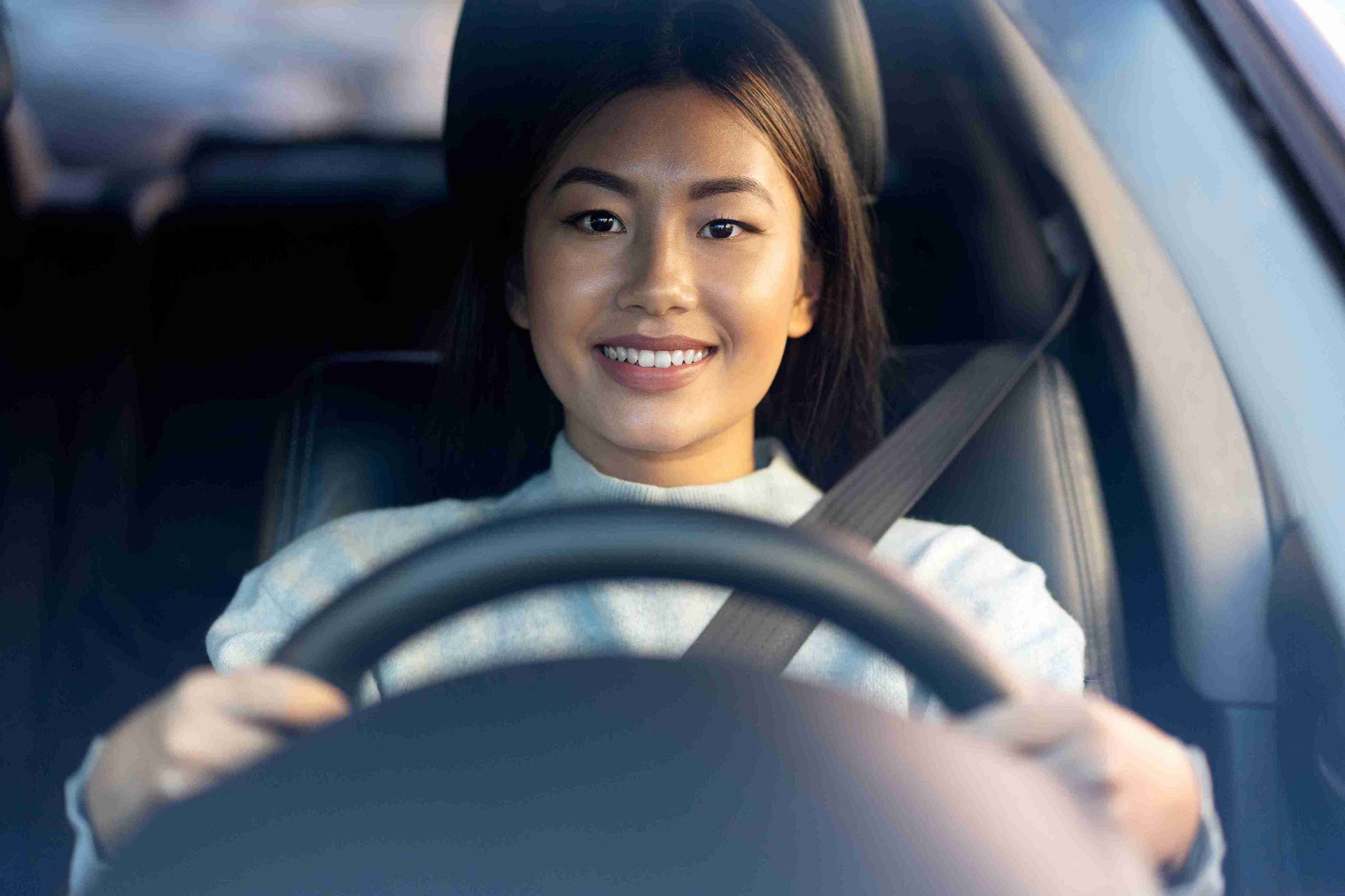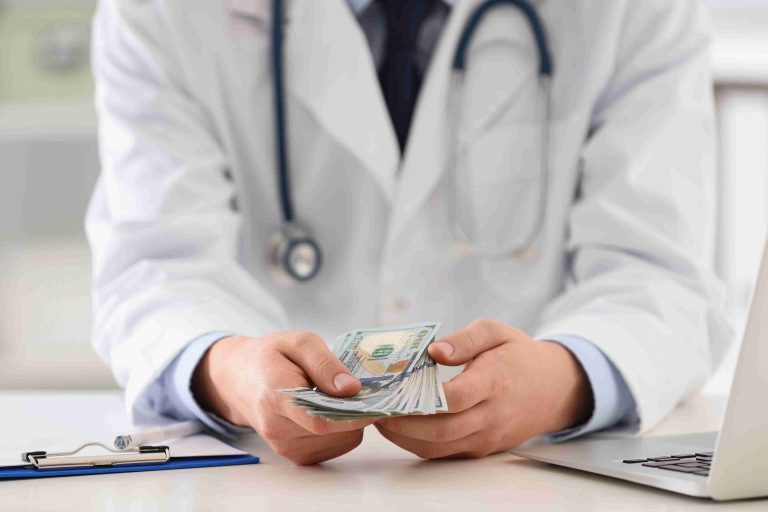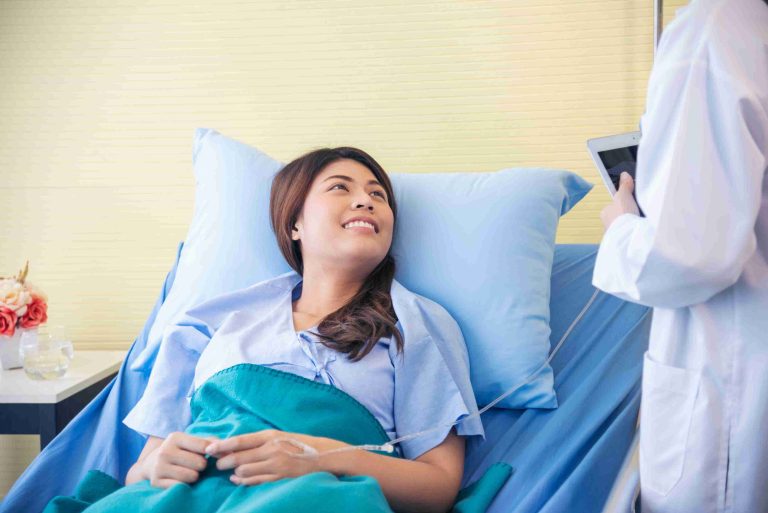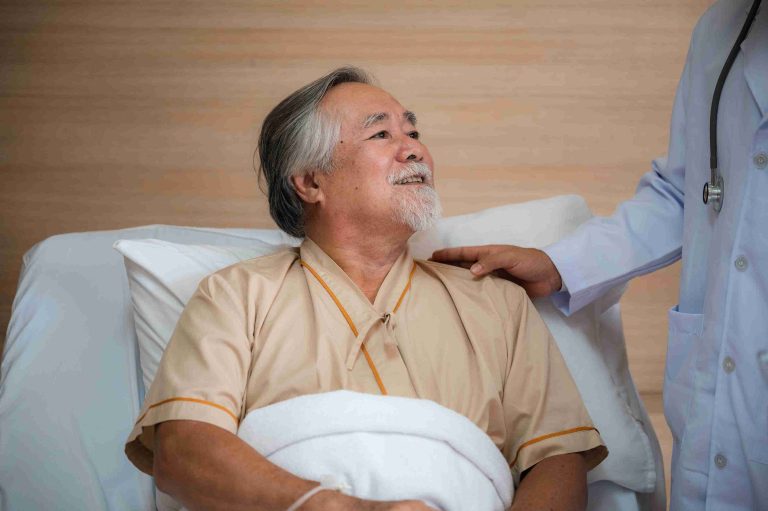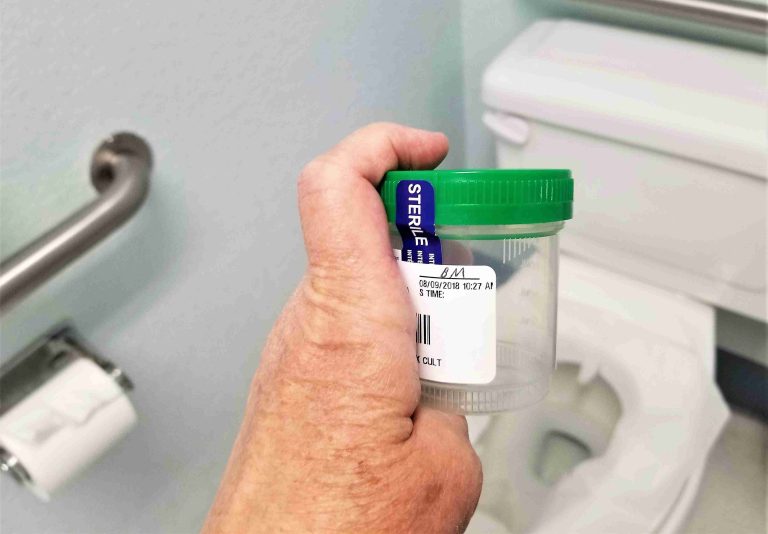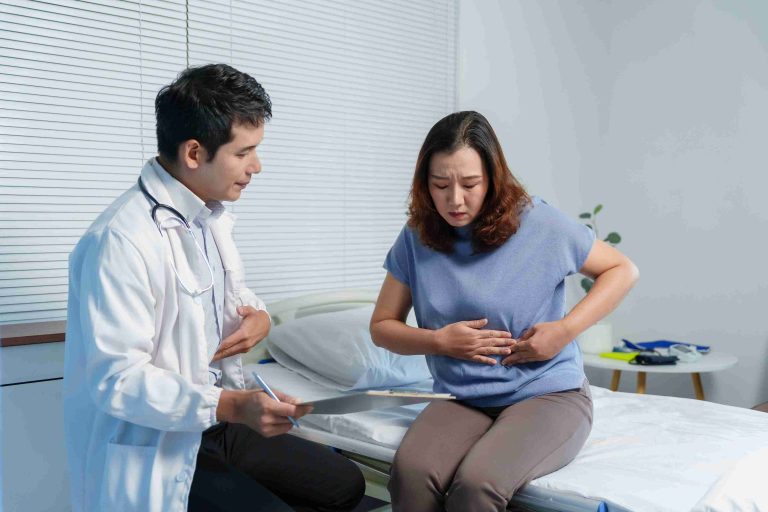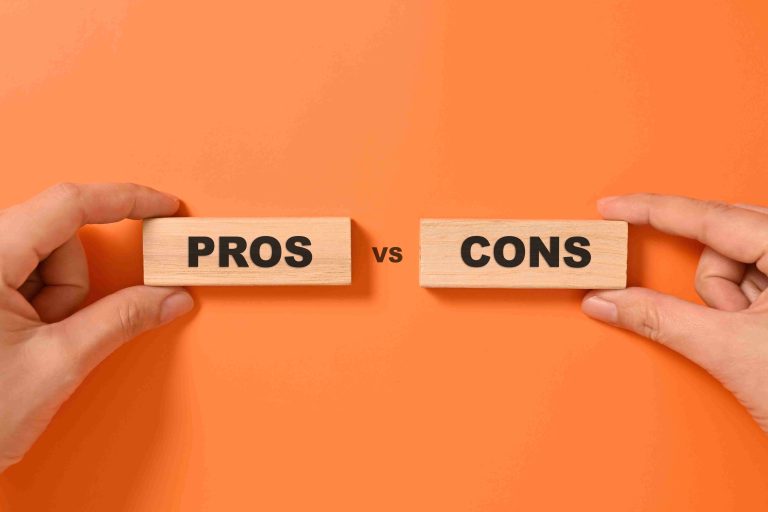A colonoscopy is a routine yet vital procedure used to screen for colorectal cancer, investigate gastrointestinal symptoms, and remove polyps. While the procedure itself is generally safe and straightforward, what comes after—the recovery period—is just as important.
One of the most common questions patients ask is, “Can I drive after a colonoscopy?” This article explores the safety considerations, medical reasons, and practical tips for navigating the hours and days following your colonoscopy so you can plan accordingly and prioritise your well-being.
Why Driving After a Colonoscopy May Not Be Safe
One of the main reasons you shouldn’t drive immediately after a colonoscopy is the use of sedation. During the procedure, most patients receive a sedative to help them relax or sleep. This sedation can take several hours to wear off fully, even if you feel awake or alert.
Sedation affects your judgment, coordination, and reaction time. Even if you think you feel fine, you might not be able to respond quickly enough in an emergency or operate a vehicle safely. These effects can linger longer than expected and vary based on your age, weight, and the type of sedative used.
How Long After a Colonoscopy Can You Safely Drive?
Most healthcare providers advise that you do not drive, operate heavy machinery, or make important decisions for at least 12 to 24 hours after the procedure. This recommendation accounts for the lingering effects of sedation and ensures your body has had enough time to begin the recovery process.
If your colonoscopy was performed without sedation—which is less common—your doctor may clear you to drive sooner. However, even in non-sedated procedures, discomfort or cramping may still affect your ability to concentrate or sit comfortably behind the wheel.
Do You Need Someone to Accompany You?
Yes. In most cases, you’ll need to arrange for someone to accompany you to the clinic or hospital and, importantly, drive you home afterward. This is not just a suggestion—it’s usually a requirement before your provider will proceed with the test. If you arrive alone, some clinics may even postpone or cancel your appointment. Your designated driver should be someone you trust, ideally a friend or family member, who can stay with you after the procedure if needed.
Can You Take a Taxi or Ride-Share Home?
While it may be tempting to use a ride-share service or taxi, many healthcare providers discourage this unless you are accompanied by a responsible adult. The driver may not be equipped to help if you become dizzy, confused, or experience side effects from the sedation. Some clinics require you to have an escort present before they allow you to leave, even with a hired driver. Always check your clinic’s specific discharge policies ahead of time.
What If You Don’t Have Someone to Drive You?
If arranging a ride is challenging, consider speaking to the clinic beforehand. Some healthcare centres offer transportation services or can reschedule your colonoscopy to a day when someone is available to help you. Another option is to consider having the procedure done without sedation, but this is only suitable for certain individuals and should be discussed thoroughly with your doctor.
When Will You Feel Fully Back to Normal?
Recovery time varies. While you may begin to feel more like yourself within a few hours, it’s common to experience some grogginess, bloating, or mild cramping for the rest of the day. Most people return to work and normal activities the following day. Drinking plenty of fluids, eating light meals, and resting at home can help speed up the recovery process. Avoid alcohol, heavy lifting, and strenuous exercise until your healthcare provider gives you the all-clear.
What About Going Back to Work or School?
It’s usually recommended to take the rest of the day off after your colonoscopy. This gives you time to recover fully without the stress or fatigue of work or school obligations. If your job involves driving, operating machinery, or physically demanding tasks, taking the day off is essential. You can usually resume normal activities the following day, assuming no complications occurred during the procedure.
Are There Exceptions to the No-Driving Rule?
In rare cases where no sedation is used or when minimal sedatives are given, your doctor might clear you to drive sooner. However, this is uncommon, and even minimal sedation can affect your ability to drive safely. Ultimately, it’s always better to err on the side of caution. Even if you feel fine, your reflexes and cognitive clarity may not be fully restored.
What Happens If You Ignore the Advice and Drive Anyway?
Driving against medical advice can put both you and others at risk. If you were involved in an accident, you could face legal consequences, and your insurance may not cover the damage. More importantly, your ability to react quickly and make safe decisions may be compromised without you realising it. Healthcare providers issue post-procedure driving restrictions not just for liability reasons but to genuinely protect your safety.
Tips for a Smooth Recovery After Your Colonoscopy
To make your recovery easier and safer after a colonoscopy test, here are a few helpful tips:
- Plan ahead by arranging transportation and clearing your schedule for the rest of the day.
- Drink fluids to help flush out the sedatives and prevent dehydration.
- Eat lightly after your procedure. Avoid greasy or spicy foods until your digestive system feels normal.
- Listen to your body. Rest if you feel tired, and call your doctor if you experience unusual symptoms like severe pain or bleeding.
- Don’t rush into driving, working, or doing anything strenuous. Give yourself time to recover.
Conclusion
While a colonoscopy procedure is a relatively simple and common procedure, the aftercare is just as important as the preparation. Driving after sedation is not worth the risk—your judgment and reflexes may still be impaired, even if you feel alert. Always follow your doctor’s instructions, arrange a safe ride home, and take the day to rest. By doing so, you’re not only ensuring your own safety but also protecting those around you on the road. A successful colonoscopy depends not just on the procedure itself, but on your commitment to recovery and safety afterward. With good planning and support, you’ll be back on your feet in no time—safely and confidently.
